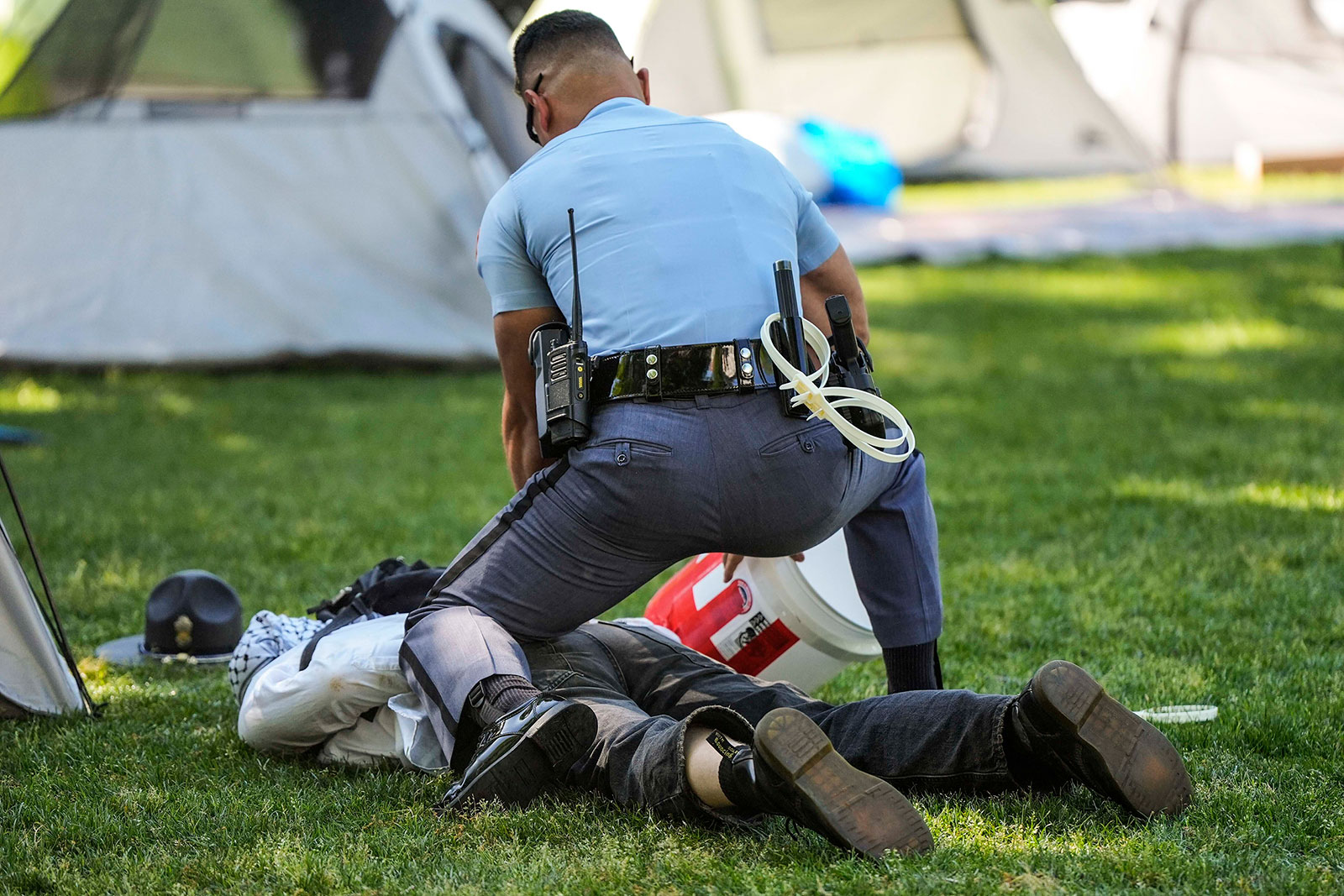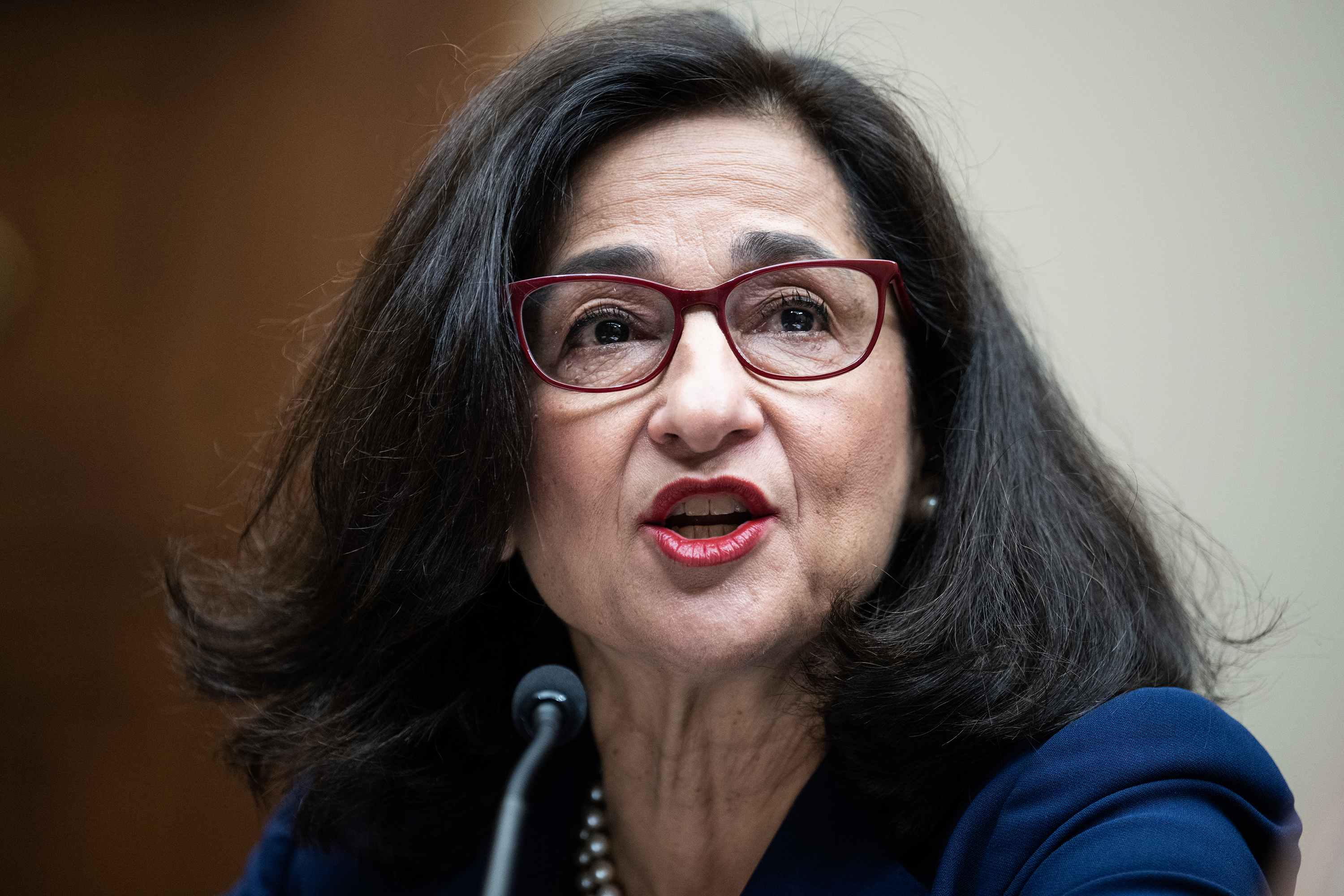Te University of Southern California canceled its main commencement ceremony for 2024 graduating students in May, citing "new safety measures in place."
"We understand that this is disappointing," the university said in an announcement on its website.
The announcement came days after the university canceled the commencement speech of its Muslim valedictorian, Asna Tabassum, due to what it called security concerns. USC then canceled appearances by prominent speakers and honorees at the May 10 graduation ceremony.
USC's commencement weekend is scheduled for May 8-11. Its main stage ceremony traditionally brought all 65,000 students and their families together. The university said it would host "new activities and celebrations" to ensure the weekend would still be "meaningful, memorable and uniquely USC."
Many students in the class of 2024 graduated high school in 2020, meaning they may also have missed out on graduation ceremonies due to Covid-19.







